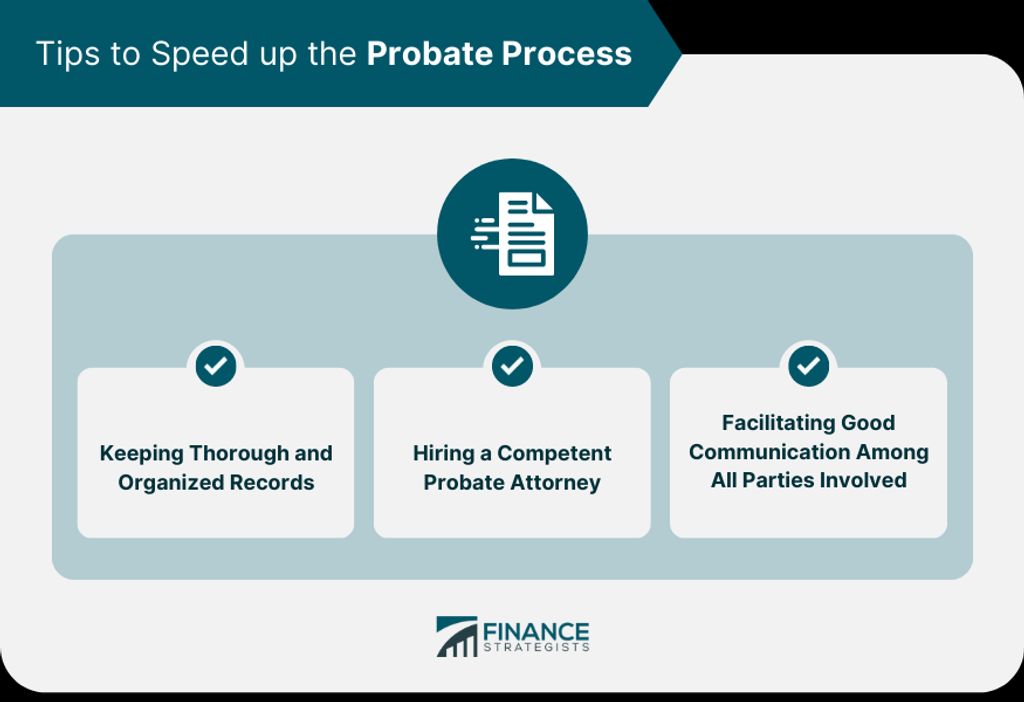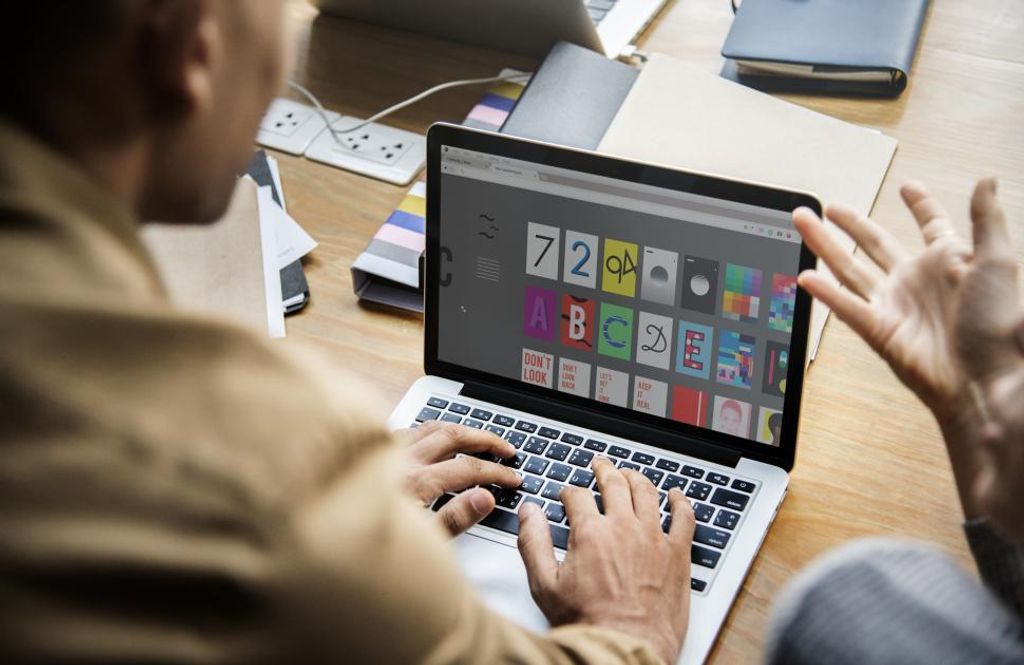
In today's fast-paced legal industry, lawyers are constantly bombarded with emails that require their attention. Managing and responding to these emails can be time-consuming and overwhelming. However, there are several time-saving solutions that lawyers can implement to streamline their email workflow and increase productivity. This article will explore various strategies for organizing emails, communicating efficiently, automating tasks, and securing lawyer emails.

One of the most effective ways to streamline email organization is by using folders and labels. Folders allow you to categorize your emails based on different criteria, such as clients, cases, or urgency. Labels, on the other hand, provide a way to tag emails with specific keywords or attributes, making it easier to search for and filter messages.
By organizing your emails into folders and applying labels, you can quickly locate important messages and prioritize your workflow. For example, you can create a folder for each client and label emails with relevant information, such as 'Urgent' or 'Action Required'. This way, you can easily identify and address critical matters without wasting time searching through your entire inbox.
To further enhance your email organization, consider implementing subfolders within main folders. This hierarchical structure allows for even more granular categorization and helps maintain a clutter-free inbox. For instance, you can create subfolders within a client folder to separate emails related to different cases or projects.
In summary, using folders and labels is a simple yet powerful technique to optimize your email management. It enables you to efficiently sort, search, and prioritize your messages, ultimately saving you valuable time and improving your productivity.
Implementing email filters is a great way to organize your inbox and prioritize important emails. Email filters allow you to automatically sort incoming emails based on specific criteria, such as sender, subject, or keywords. By setting up filters, you can ensure that important emails are easily accessible and that less important emails are filtered into separate folders. This can help you save time and stay focused on the most critical tasks.
Creating email templates can save lawyers a significant amount of time and effort when drafting repetitive emails. By creating templates for common types of emails, such as client intake forms or standard responses, lawyers can quickly populate the necessary information and send the email with just a few clicks.
Using email templates not only saves time but also ensures consistency in communication. It helps lawyers maintain a professional tone and include all the necessary information in every email.
To create an email template, lawyers can use the built-in template features in their email client or use third-party tools that offer more advanced customization options.
Table: Here is an example of a table that can be used to create a client intake form template:
By utilizing email templates, lawyers can streamline their email communication and save valuable time that can be better spent on other important tasks.

When it comes to writing emails as a lawyer, it is important to be clear and concise in your communication. Highlighting key information can help ensure that your message is easily understood. Additionally, using subtle emphasis can draw attention to important points without overwhelming the reader. Here are some tips for writing clear and concise emails:
Remember, the goal is to communicate your message effectively and efficiently. By following these tips, you can ensure that your emails are clear, concise, and easy to understand.
Email signatures are a powerful tool for lawyers to convey important information and maintain a professional image. A well-crafted email signature can save time by automatically including contact details, social media links, and disclaimers at the end of every email.
When creating an email signature, it is important to keep it concise and visually appealing. Here are some tips for creating an effective email signature:
Remember, your email signature is an extension of your professional brand, so make sure it reflects your expertise and credibility.
Tip: Avoid including personal or irrelevant information in your email signature, as it can clutter the recipient's inbox and distract from the main content of your email.
Managing email notifications is crucial for maintaining focus and productivity. By customizing your email notification settings, you can reduce distractions and ensure that you only receive notifications for important emails. Here are some tips for effectively managing email notifications:

Setting up email autoresponders can be a time-saving solution for lawyers. Autoresponders are automated email messages that are sent in response to incoming emails. They can be used to acknowledge receipt of an email, provide information about availability or response times, or even deliver specific content or documents. By setting up email autoresponders, lawyers can ensure that important messages are acknowledged and that clients or colleagues receive timely information.
Scheduling email delivery allows lawyers to send emails at a specific time, ensuring that important messages are delivered at the most convenient time for the recipient. This feature is particularly useful when working across different time zones or when dealing with time-sensitive matters.
By scheduling email delivery, lawyers can plan their communication in advance and avoid the risk of forgetting to send an important email. It also allows them to prioritize their workload and ensure that emails are sent at the most appropriate times.
To schedule email delivery, most email clients provide a simple interface where users can specify the date and time for the email to be sent. Some email clients even offer the option to delay the delivery of an email until the recipient's working hours, increasing the chances of the email being read and responded to promptly.
Scheduling email delivery can be a valuable time-saving solution for lawyers, enabling them to efficiently manage their email communication and improve their overall productivity.
Email schedulers are a valuable tool for lawyers who need to send emails at specific times. With an email scheduler, you can compose your emails in advance and schedule them to be sent at a later time. This can be especially useful when you want to send emails during non-business hours or when you have multiple emails to send and want to space them out. By using an email scheduler, you can ensure that your emails are sent at the most convenient time for both you and the recipient.

Email encryption is a crucial step in ensuring the security and confidentiality of lawyer emails. By encrypting emails, sensitive information is protected from unauthorized access or interception. There are several methods available for implementing email encryption:
End-to-End Encryption: This method encrypts the email message from the sender's device to the recipient's device, ensuring that only the intended recipient can decrypt and read the message.
Transport Layer Security (TLS): TLS is a protocol that encrypts the connection between email servers, providing a secure channel for transmitting emails.
Digital Signatures: Digital signatures verify the authenticity and integrity of an email message, ensuring that it has not been tampered with during transmission.
It is important for lawyers to understand and implement email encryption to protect their clients' sensitive information and maintain the confidentiality of their communications.
Two-factor authentication (2FA) is an essential security measure for lawyer emails. By enabling 2FA, you add an extra layer of protection to your email account, making it significantly more difficult for unauthorized individuals to gain access. With 2FA, you will be required to provide a second form of verification, such as a unique code sent to your mobile device, in addition to your password.
Implementing 2FA is a straightforward process that can greatly enhance the security of your email communications. Here are some key benefits of enabling 2FA:
It is highly recommended that all lawyers enable 2FA for their email accounts to safeguard sensitive information and maintain client confidentiality.
Phishing attacks are a serious threat to the security of lawyer emails. These attacks involve cybercriminals attempting to deceive individuals into revealing sensitive information, such as login credentials or financial details. To protect against phishing attacks, lawyers should implement the following measures:
In conclusion, implementing time-saving solutions for lawyer emails can greatly improve efficiency and productivity. By utilizing tools such as email templates, automated responses, and email management software, lawyers can save valuable time and focus on more important tasks. Additionally, adopting good email management practices, such as setting specific email-checking times and organizing emails into folders, can help reduce email overload and prevent important messages from getting lost. Efficient email management is crucial for lawyers to effectively communicate with clients, colleagues, and other stakeholders, while also maintaining a healthy work-life balance. With the right strategies and tools in place, lawyers can streamline their email workflow and optimize their time management skills. By prioritizing email efficiency, lawyers can spend less time on administrative tasks and more time on practicing law.
You can use folders and labels to categorize your emails based on different topics or projects.
Email filters allow you to automatically sort incoming emails into specific folders based on criteria you define, saving you time and keeping your inbox organized.
Email templates are pre-written messages that you can use as a starting point for common types of emails, such as client introductions or meeting requests. They save you from having to write the same email from scratch each time.
To write clear and concise emails, use short sentences, bullet points, and headings to break up the content. Avoid unnecessary jargon and be specific in your requests or instructions.
You can customize your email notification settings to only receive notifications for important emails or set specific times to receive notifications. This helps reduce distractions and allows you to focus on your work.
Email encryption is the process of encoding email messages to protect the content from unauthorized access. It is important for lawyers to ensure client confidentiality and comply with privacy regulations.